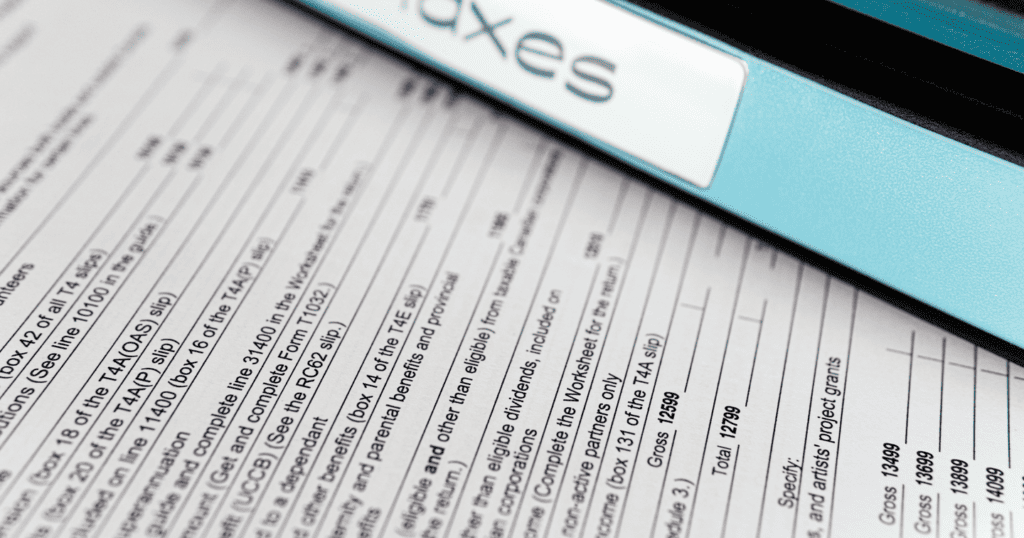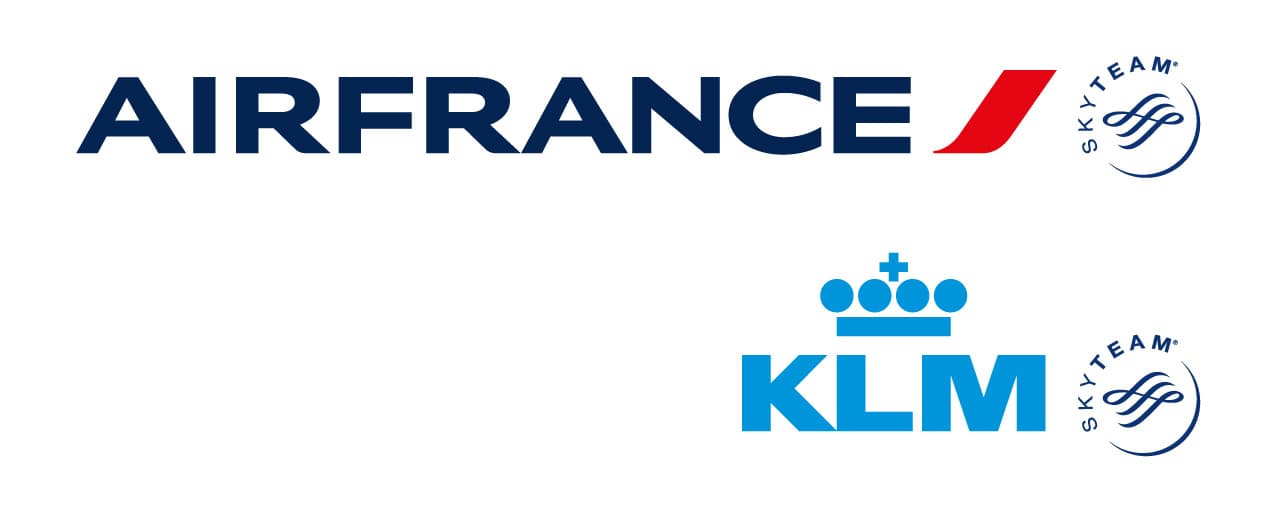Understanding corporation taxation in Quebec is crucial for any entity operating in the province. Dive into this comprehensive guide to demystify the tax issues and obligations essential to your entrepreneurial success.
Corporation taxation in Québec: the complete guide
In Quebec, owning a business comes with various obligations, such as complying with current tax laws. The corporate income tax law raises many questions.
What is the corporate tax rate in Quebec? What factors influence it? Here are a few examples of frequently asked questions that are worth considering when starting up your own business. Responding to them means taking advantage of best practices: essential assets for a fiscally sound company!
The main tax obligations of companies in Quebec
The Quebec company is obliged to fulfill its tax obligations. The main ones include:
Company registration
First, the Quebec company must register with the Registre des entreprises du Québec (REQ). You will receive a Quebec Enterprise Number (NEQ). This allows you to register your name with Revenu Québec and theCanada Revenue Agency (CRA).
Income tax returns
Declaring your income is also mandatory in Quebec. Both provincial (Revenu Québec) and federal (CRA) returns must be filed. To do this, use forms T2 for the federal government and CO-17 for Quebec. A ton of options, such as tax filing software or the help of an accountant, can be very useful.
Sales taxes (GST and QST)
Starting at $30,000 in revenues, a company must collect the Goods and Services Tax (GST) and the Quebec Sales Tax (QST). In addition to collecting taxes from its customers, the company must file tax returns and make the necessary payments to governments.
Withholding taxes
Deductions at source (DAS) are amounts withheld from employees’ wages to be remitted periodically to governments.
Paying taxes
Companies are also subject to income tax. This corporate taxation is mandatory in Quebec, as in the other provinces of Canada. In general, tax payments are made in instalments throughout the year, with regularization taking place at the time of the annual tax return.

Corporate taxation in Quebec - Understanding the factors that influence them
First, it’s important to understand that the government taxes the company’s taxable income. But what is taxable income? This is generally the company’s net income, i.e. income after depreciation, amortization, operating expenses and other deductible expenses.
Let’s get down to the nitty-gritty: how much is this rate? At the federal level, the introductory tax rate is currently 38%. The latter drops to 15% following the federal tax abatement and the general Quebec tax reduction.
As of January 1, 2019, it even rises to 9% thanks to the deduction granted to small businesses such as start-ups. And that’s not all! Various corporate provisions can play a crucial role in reducing the tax rate.
Corporate tax credits and deductions
Quebec’s business community is one of the province’s most important economic drivers. To encourage its dynamism, Quebec offers various incentives, such as specific tax deductions and credits. Objectives include encouraging the creation of businesses and companies, the development of technology, investment in promising sectors and more.
From tax reductions to tax refunds, the measures are also designed to reduce the tax burden of organizations meeting specific criteria. This includes hiring specialized personnel, technological development, research and development, and so on. That’s why certain conditions must be met to qualify.
Corporation taxation in Quebec - The benefits of tax compliance
Complying with current tax laws offers a number of advantages, such as
Avoiding legal consequences
Tax non-compliance can lead to serious legal consequences (imprisonment, prosecution, etc.).
Getting around sanctions and penalties
Complying with tax laws helps avoid penalties such as fines for late payment of taxes.
Efficient financial planning
By knowing how much tax you’ll have to pay or by sending instalments during the tax year, you’ll benefit from better cash flow management.
Contributing to the common good
By paying taxes, we help finance services essential to our society’s well-being – like health and education, for example.
Reduce your stress level
Opting for irreproachable tax management also means being confident about possible tax audits and their consequences.

A few tips for optimum tax compliance
Everyone benefits from doing everything they can to comply with tax laws and other tax obligations. And getting there is easier than you might think. Especially today! The Revenue Agency’s digital platforms, such as Mon Dossier, allow you to create reminders, send documents and more.
Here are a few tips to help you consolidate your company’s tax compliance:
Find the information you need
Every business owner needs to know about his or her tax obligations, and in particular about corporate taxation. You can do it online, thanks to the resources offered by Revenu Québec and the CRA. A wealth of essential information is provided to simplify the process and understand its objectives.
Demonstrating transparency
You can never be too transparent when it comes to taxes. There should be no secrets about your business and the income it generates. Keeping clear and up to date records gives your company the confidence of the tax authorities. It should show income, expenses, investments and potential deductions.
Meeting deadlines
Deadlines are set according to the terms and conditions determined by the company as part of its tax management. For example, we’re talking about the deadlines set in the tax year for quarterly tax payments. Taxes are generally paid by the end of the tax year, partly by instalments.
Opting for sound tax planning
Tax planning is not only a way to increase transparency but also to minimize taxes legally. It may be advisable to consult an expert, such as a financial planner or advisor. Good to know: proper planning often opens the door to previously unsuspected tax deductions and credits!
What to remember about business taxation in Quebec?
In short, tax management in Quebec is crucial for any business seeking to prosper while complying with the laws in force. Understanding the nuances of tax rates, deductions and credits available, and tax obligations, is essential for any Quebec company wishing to navigate the tax landscape effectively. Tax compliance not only protects against potential penalties but also optimizes finances and contributes to the well-being of Quebec society. For all businesses in Quebec, it’s a good idea to keep up to date and, if necessary, seek the expertise of tax professionals to ensure impeccable management.
Frequently asked questions about business taxation in Québec
Here are our answers to some of Quebec’s most frequently asked questions about business taxation.
Is the 2023 tax rate different from the 2022 tax rate?
Yes For the first taxable income bracket ($49,275 and under), the 2022 tax rate was 14%. The 2023 tax rate rises to 15% for the same income bracket.
What happens to the company in the event of tax non-compliance?
The tax authorities are responsible for enforcing obligations such as paying taxes. If these obligations are circumvented or neglected, there are consequences. As mentioned above, this can involve both fines and prosecution.
Is it possible to pay less tax as a company?
To answer this question, you need to check your eligibility for certain tax credits or deductions known to reduce a company’s taxation based on its sector of activity, the nature of its offering and other criteria. Tax authorities and experts can give you more information on the available measures.
How is a company taxed?
A company’s tax return determines the taxes it will have to pay for the fiscal year ahead. At this point, the tax authorities use different rates and scales to calculate the total tax due. This is a percentage of the company’s declared income.
What are the tax consequences of selling or transferring a business?
The tax consequences can vary depending on the company’s legal form, the number of shareholders and other criteria. They can range from capital gains taxes to rights transfer taxes.
Is the tax calculation the same for an incorporated company?
Not quite. An incorporated business (or company) benefits from a preferential tax rate, unlike small businesses, which are taxed at the maximum rate.
Does Quebec have the highest tax rate in Canada?
Yes, Quebec has the highest tax rate of any province or territory in the country.
What is an instalment?
An instalment deducts a portion of income tax as income is earned during a tax year. The Income Tax Act requires this for companies that might otherwise be favoured over taxpayers whose taxes are deducted at source.







